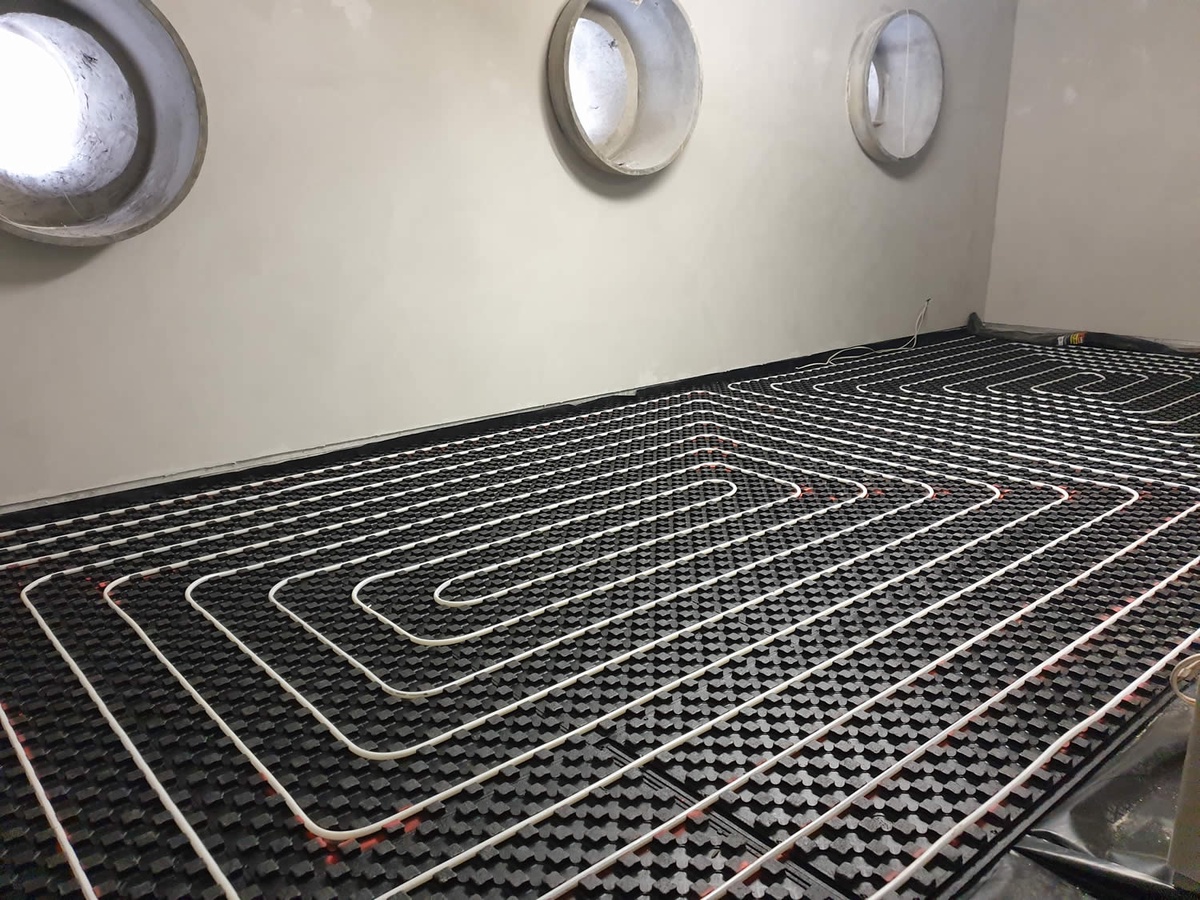When it comes to heating large commercial buildings, efficiency and cost-effectiveness are paramount concerns. Traditional heating systems often fall short in terms of both energy efficiency and operational costs. This is where heat pump hydronic heating systems shine, offering a compelling solution for commercial property owners seeking to maximize efficiency and reduce heating expenses. In this article, we will explore how heat pump hydronic heating systems can bring efficiency and cost-effectiveness to the forefront of heating solutions for commercial buildings.
Understanding Heat Pump Hydronic Heating for Commercial Buildings
Heat pump hydronic heating systems are a versatile and efficient choice for commercial properties. They utilize a network of pipes and radiators or underfloor tubing to distribute hot water or a heat transfer fluid throughout the building. What sets them apart is the integration of heat pump technology, which makes them highly energy-efficient, particularly when compared to traditional heating methods.
The Efficiency Advantage
- Energy Efficiency: Heat pump hydronic heating systems are renowned for their energy efficiency. They utilize the heat transfer capabilities of heat pumps to extract heat from the outdoor air or the ground, even in cold climates. This process is much more energy-efficient than generating heat through combustion, as seen in traditional heating systems.
- Consistent Heating: These systems provide consistent heating throughout the commercial building. There are no temperature fluctuations or cold spots that can often be experienced with forced-air systems, ensuring a comfortable and productive indoor environment for employees and customers.
- Zoning Capabilities: Heat pump hydronic heating systems can be zoned to control different areas of the commercial building independently. This means that areas with varying heating requirements, such as offices, warehouses, and retail spaces, can be heated individually, optimizing comfort and energy usage.
- Quiet Operation: Unlike noisy forced-air systems, heat pump hydronic heating operates quietly, creating a peaceful atmosphere within the commercial space.
The Cost-Effectiveness Advantage
- Lower Operational Costs: Heat pump hydronic heating systems typically have lower operational costs compared to traditional heating systems. The energy efficiency of these systems leads to reduced energy consumption, resulting in lower utility bills.
- Longevity: Hydronic heating systems are known for their durability and longevity. When properly maintained, they can last for many years, reducing the need for frequent replacements and associated costs.
- Reduced Maintenance: Heat pump hydronic heating systems require minimal maintenance compared to some other heating systems. This translates to fewer maintenance expenses over the system's lifespan.
- Potential for Rebates and Incentives: In some regions, there may be government incentives and rebates available for the installation of energy-efficient heating systems, including heat pump hydronic heating. These incentives can significantly offset the initial investment.
Maximizing Efficiency and Cost-Effectiveness
To ensure that your commercial building benefits fully from a heat pump hydronic heating system, consider the following tips:
- Professional Installation: Have the system installed by experienced professionals who understand the unique requirements of commercial properties.
- Proper Sizing: Ensure that the system is correctly sized to meet the specific heating needs of your commercial building.
- Regular Maintenance: Schedule regular maintenance to keep the system running efficiently and to address any issues promptly.
- Energy Management: Implement energy management strategies, such as programmable thermostats and zone control, to optimize energy usage in different areas of the building.
- Insulation: Proper insulation of the commercial building can further enhance the efficiency of the heating system by reducing heat loss.
In conclusion, heat pump hydronic heating systems are a compelling choice for commercial buildings, offering a winning combination of efficiency and cost-effectiveness. By leveraging the energy-efficient capabilities of heat pumps, these systems not only provide consistent and comfortable heating but also significantly reduce operational expenses. When properly installed and maintained, heat pump hydronic heating can be a valuable investment for commercial property owners, enhancing the comfort of occupants while simultaneously lowering heating costs and contributing to a more sustainable future.
Top of Form


No comments yet